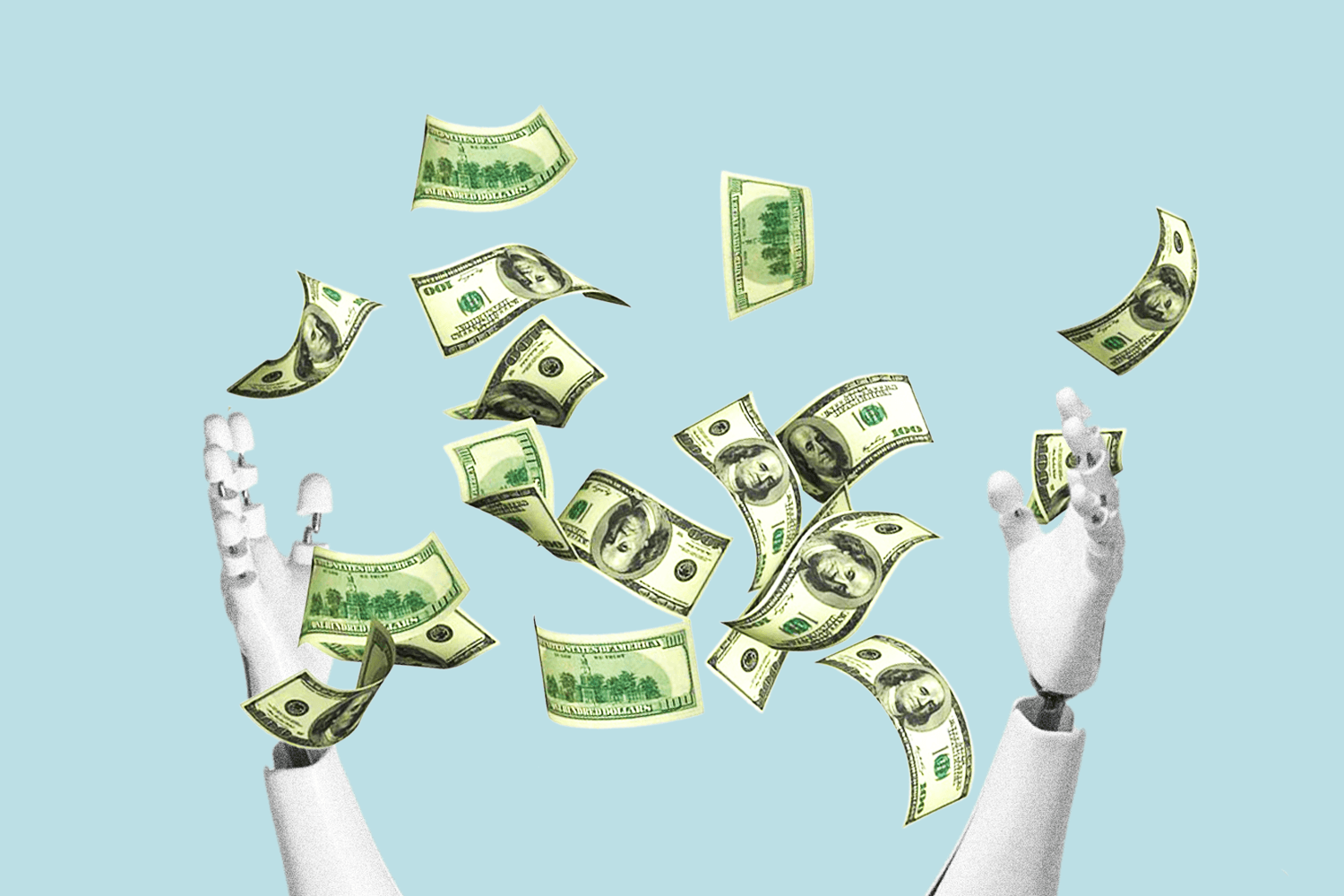About 40% of health execs say generative AI pays off, Deloitte finds
AI saves time, but can it save billions?

Amelia Kinsinger
• less than 3 min read
Caroline Catherman is a reporter at Healthcare Brew, where she focuses on major payers, health insurance developments, Medicare and Medicaid, policy, and health tech.
The global healthcare artificial intelligence (AI) industry is expected to grow from $27.69 billion in 2023 to $490.96 billion by 2032, according to Fortune Business Insights.
But is this investment paying off?
In a survey of 121 global C-suite health system executives by the Deloitte US Center for Health Solutions—released on Jan. 29—some say yes. Over 40% (52) said generative AI had already produced “significant-to-moderate” returns on investment. Generative AI’s uses include automating processes like data entry and analyzing CT scans, MRIs, and X-rays.
Jennifer Bryan, a rural healthcare provider and president of the Mississippi State Medical Association, told Healthcare Brew that she has seen AI’s value firsthand. She said she uses Suki AI Assistant to ambiently listen to each of her patient appointments, saving her two hours daily that she would have used to type up notes.
“While essential to the longevity of my practice, tasks like patient notes and coding were becoming increasingly burdensome. Now, as an avid AI user, I find myself with more time to focus on what matters most: patient care,” Bryan said in an email.
Another 37% (45) of global C-suite health system executives told Deloitte it was too early to measure or they hadn’t measured whether AI brought a return on investment, however, and 12% (14) said they’ve seen a low return on investment.
A 2023 paper from nonprofit research organization the National Bureau of Economic predicts wider adoption of AI could reduce US healthcare spending by 5%–10%, or $200 billion to $360 billion, annually in 2019 dollars.
Navigate the healthcare industry
Healthcare Brew covers pharmaceutical developments, health startups, the latest tech, and how it impacts hospitals and providers to keep administrators and providers informed.
Navigate the healthcare industry
Healthcare Brew covers pharmaceutical developments, health startups, the latest tech, and how it impacts hospitals and providers to keep administrators and providers informed.